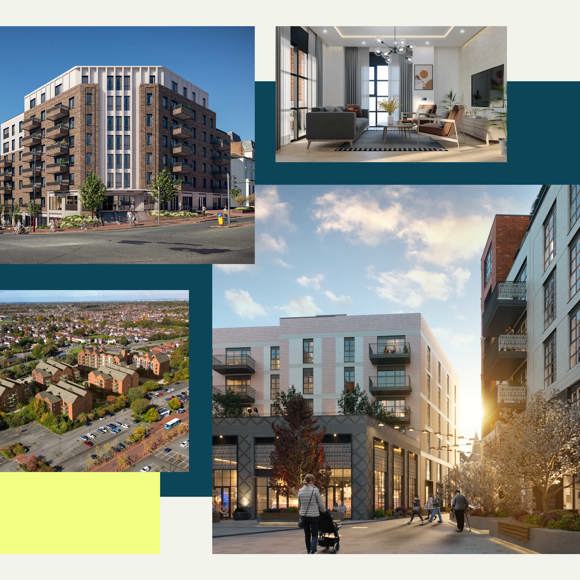
A new lifestyle revolution is challenging stereotypes of what retirement looks like. And it’s being led by the Baby Boomers.
Baby Boomers, born between the mid-1940s and mid-1960s, represent a generation known for its resilience, work ethic, and significant contributions to society. Having navigated through various social and cultural shifts, Baby Boomers have played instrumental roles in shaping the world we live in today. This generation often brings a wealth of experience, knowledge, and a strong sense of community engagement. Many Baby Boomers are actively embracing new opportunities in the digital age, challenging stereotypes, and contributing to the richness and diversity of our evolving society.
Who are the Baby Boomers?
Born into the 60s era of counterculture and change, they’re not shy when it comes to trailblazing new trends. This time, it’s the lure of town centres, access to public transport and a sense of community that is enticing rural retirees back into the cities.
We asked 2,000 over 65s for their thoughts on connected areas and whether they’d look to move to one in the future. Just shy of a third – the equivalent of over four million over 65s - say it’s likely they will move away from the countryside and back to urban communities in the future.
With the population of over 65s rapidly increasing, this rises to a potential of 4.9 million by 2033. The impact of their return would be phenomenal, adding up to the equivalent of an extra £7.7 billion a year injected back into the heart of our towns and cities.
It’s time we wake up to this lifestyle shift. The majority (82%) say people underestimate how active and ambitious older people are and over half (56%) say getting older has given them the freedom to have more fun.
Will Bax, CEO, shares his thoughts on the trend,

It’s positive to hear that so many older people are keen to move back into urban locations, after years of news headlines telling us that towns are dying, as many escaped to the countryside after the pandemic. Building urban areas with age diversity in mind not only benefits the older generation, but it also creates opportunity across the entire housing chain, freeing up larger homes in rural areas for families looking to upsize and in turn helping first time buyers get onto the ladder.”
Why we have to act now
With the population of over 65s set to rise by three million in the next ten years, acting now to ensure that there is sufficient later living housing that supports this demand in the long term has never been more important. As they boomerang back to our towns and cities, we need to provide this generation with buzzing communities, supported by amenities and local transport that puts them at the beating heart of a city. That’s why we’re backing the Associated Retirement Community Operators (ARCO)’s mission to create an IRC in every town and urging the government and local councils to plan for an integrated retirement community in every town to meet rising demand.

Thrive Living collection
Integrated Retirement Communities, like our Thrive Living collection, are an attractive lifestyle proposition designed to support positive ageing, which represent a viable and appealing choice for older people. Thrive Living is for people who want to stay connected, sociable, and active as they age.
Town centre regeneration is at the core of this new proposition. The first two developments are completing in 2025 at the heart of urban communities will be Botanical Place in West Byfleet and The Wyldewoods in Chester, followed by Tunbridge Wells in 2026. Thrive Living responds to a new generation of older people with changing expectations and puts them back into the heart of communities.

